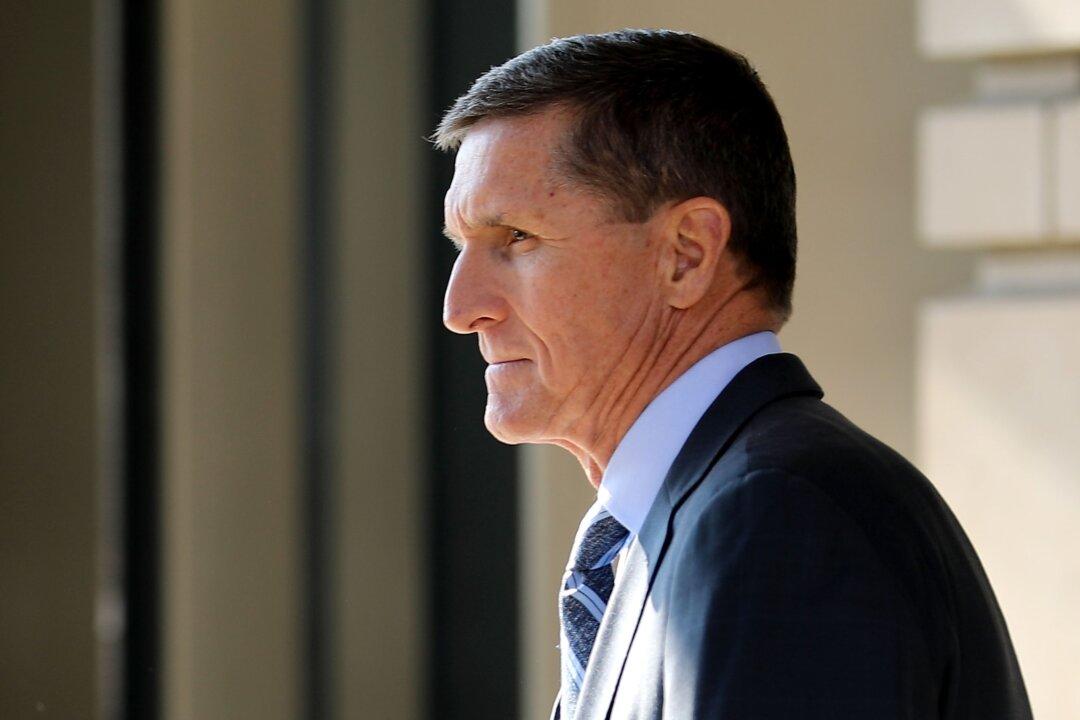Lawyers for Lt. Gen. Michael Flynn argue that some information revealed in the recent report by the Justice Department’s watchdog should have been disclosed to Flynn in 2018 or earlier. The prosecutors’ failure to do so warrants dismissal of the case against Flynn, they said in a Feb. 18 court filing (pdf).
Flynn, former national security adviser to President Donald Trump and former head of military intelligence during the Obama administration, pleaded guilty on Dec. 1, 2017, to one count of lying to FBI agents during a Jan. 24, 2017, interview.





